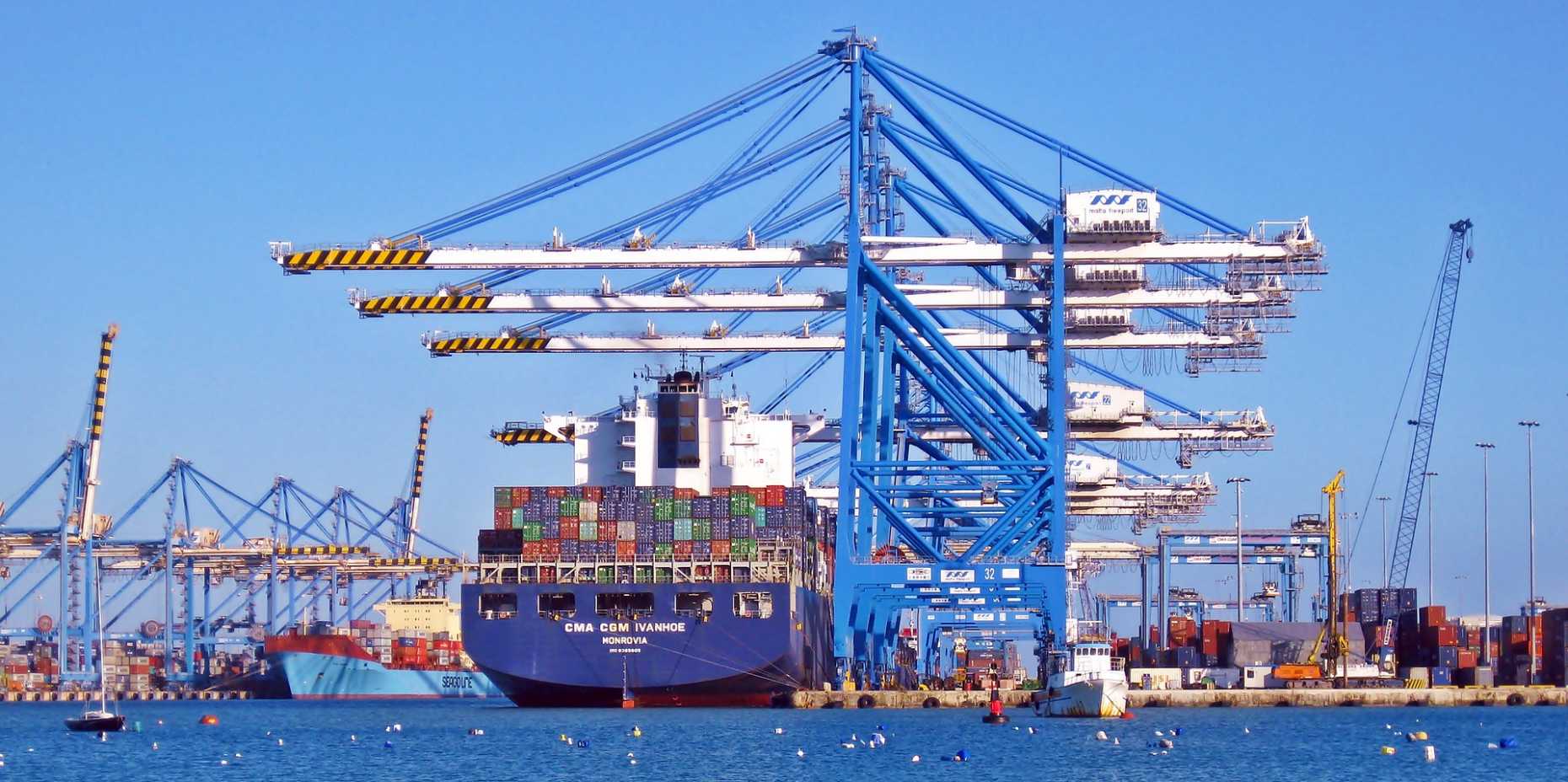Trade

International Trade Disputes
The dispute settlement mechanism of the World Trade Organization (WTO) is widely regarded as one of the most important effective judicial mechanisms at the global level. We are interested in understanding dispute initiation and escalation dynamics and compliance with WTO dispute settlement rulings. That is, we examine which factors lead to the escalation of trade disputes, and which factors are conducive to early and effective dispute resolution, in the sense that the litigants accept a WTO ruling and comply with it. This research focuses on the around 400 disputes that countries have thus far brought before the WTO’s dispute settlement mechanism.
Selected papers
Bechtel, Michael M., and Thomas Sattler. (2015). What is litigation in the world trade organization worth? International Organization, 69(02): 375-403. DOI: external page 10.1017/S002081831400037X
Sattler, Thomas, Gabriele Spilker, and Thomas Bernauer. (2014). Does WTO dispute settlement enforce or inform? British Journal of Political Science, 44(4): 877-902. DOI: external page 10.1017/S0007123413000136
Sattler, Thomas, and Thomas Bernauer. (2011). Gravitation or discrimination? Determinants of litigation in the World Trade Organisation. European Journal of Political Research, 50(2): 143-167. DOI: external page 10.1111/j.1475-6765.2010.01924.x
Individual Trade Policy Preferences
Public opinion plays a major role in bilateral, regional and global efforts to remove obstacles for international trade in goods and services. However, individual citizens hold differing preferences with respect to economic openness, notably with regard to international trade liberalization. We examine how individuals form their preferences of economic openness and international trade and what factors cause differences across individual preferences with respect to the extent and forms of trade liberalization. Empirically, this research focuses on countries such as Costa Rica, Nicaragua, Switzerland, Germany, United States, and Vietnam.
Social Foundations of Trade Preferences
In this work we seek to understand citizens’ as well as firm-level attitudes vis-à-vis trade liberalization by analyzing whether and how trade preferences are influenced by non-economic and societal concerns. Studying the trade-off between societal/non-economic and individual-level economic concerns adds to a more recent line of research in the literature which argues that in evaluating the advantages and disadvantages of international trade, individuals do not merely take material considerations into account. Rather, a number of factors, including non-economic ones, are likely to play a role in shaping individuals’ trade preferences. We study various aspects of societal and/or non-economic factors and how they influence trade preferences while controlling for individual-level concerns arising from the redistributive consequences of trade liberalization.
Selected papers
Nguyen, Quynh and Bernauer, Thomas. (2019). Does Social Trust Affect Public Support for International Trade? Insights from an Experiment in Vietnam. Political Studies, 67(2). DOI: external page 10.1177/0032321718773560
Schaffer, Lena and Gabriele Spilker. (2016). Adding Another Level: Individual Responses to Globalization and Government Welfare Policies. Political Science Research and Methods, 4(2): 399-426. DOI: external page 10.1017/psrm.2015.10
Nguyen, Quynh. (2016). Relative Economic Performance and Individual Trade Preferences. NCCR Trade Working Paper 2016/3. World Trade Institute: Berne. external page Link
Bernauer, Thomas and Quynh Nguyen. (2015). Free Trade and/or Environmental Protection? Global Environmental Politics, 15(4): 105-129. DOI: external page 10.1162/GLEP_a_00327
Nguyen, Quynh and Thomas Bernauer. (2014). Trust in Trade: The causal role of trust on individual trade preferences. NCCR Trade Working Paper 2014/13. World Trade Institute: Berne. external page Link
Gabriele Spilker. (2014). Trade Policy and Environmental Protection: The Role of Customs in the Caribbean. Policy Paper for the SEMCAR (Supporting Economic Management in the Caribbean) Project of the World Bank and the International Monetary Fund.
Spilker, Gabriele, Lena Schaffer and Thomas Bernauer. (2012). Does Social Capital Increase Public Support for Economic Globalization? European Journal of Political Research, 51(6): 756-784. DOI: external page 10.1111/j.1475-6765.2012.02058.x
Preferential Trade Agreements
This work focuses on the multidimensionality of PTAs. We examine citizens’ and firms’ preferences towards PTAs. Specifically, we try to find out how different attributes of PTAs, such as membership, partner characteristics, trade and non-trade provisions and industries covered, affect public support for PTAs.
Selected papers
Gabriele Spilker, Thomas Bernauer, InSong Kim, Helen Milner, Iain Osgood, Dustin Tingley. (2018). Trade at the margin: Estimating the economic implications of preferential trade agreements. The Review of International Organizations, 13(2): 189-242. DOI: external page 10.1007/s11558-018-9306-7
Spilker, G., Bernauer, T., and Umana, V. (2018). What Kinds of Trade Liberalization Agreements Do People in Developing Countries Want? International Interactions, forthcoming. DOI: external page 10.1080/03050629.2018.1436316
Osgood, I., Tingley, D., Bernauer, T., Kim, I. S., Milner, H., and G. Spilker. (2017). The Charmed Life of Superstar Exporters: Survey Evidence on Firms and Trade Policy. The Journal of Politics, 79(1): 133-152. DOI: external page 10.1086/687207
Spilker, Gabriele, Thomas Bernauer, and Victor Umana. (2016). Selecting Partner Countries for Preferential Trade Agreements. Experimental Evidence from Costa Rica, Nicaragua, and Vietnam. International Studies Quarterly, 60(4): 706-718. DOI: external page 10.1093/isq/sqv024
Víctor Umaña, Thomas Bernauer, and Gabriele Spilker. (2015). Natural Trading Partners? A Public Opinion Perspective on Preferential Trade Agreements. In Andreas Dür and Manfred Elsig (eds): Trade Cooperation. The Purpose, Design and Effects of Preferential Trade Agreements. Cambridge, UK: Cambridge University Press. external page Link
InSong Kim, Helen Milner, Thomas Bernauer, Iain Osgood, Gabriele Spilker, Dustin Tingley. (2017). Multidimensional Preferences over Trade Policy: A Conjoint Analysis of Costa Rican Firms. NCCR Trade Regulation Working Paper. World Trade Institute: Berne. external page Link